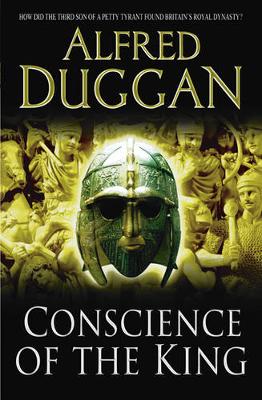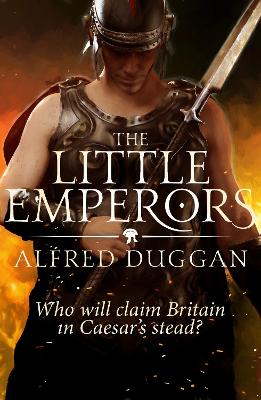Methven's Classic Historical Novels S.
5 total works
The clash of the Two Swords, of spiritual and temporal power, rings through the 12th century. In England its most famous instance was the dispute between Henry II and the Archbishop of Canterbury, a complicated story which cannot be understood unless the backgrounds of the two antagonists are brought to life. The boyhood of the ambitious Thomas of Cheapside and the conquest of the country by the passionate young King: their early friendship; the development of the rift between them; the many attempts to find a formula of reconciliation; and finally the murder in Canterbury and its aftermath, are all brilliantly enacted under the direction of this extraordinary author.
`It is rather as though the talents which made I, Claudius and The Forsyte Saga were fused into a single, quite new and individual creation' Evelyn Waugh in The Spectator
`Mr Duggan has a marvellously wry quality in his writing' Sunday Times
`A dramatic novel of the struggle between the spiritual and temporal powers in England in the twelfth century . . . As a reconstruction of the period this is marvellously well done.' Sphere
`A remarkable reconstruction' Observer


